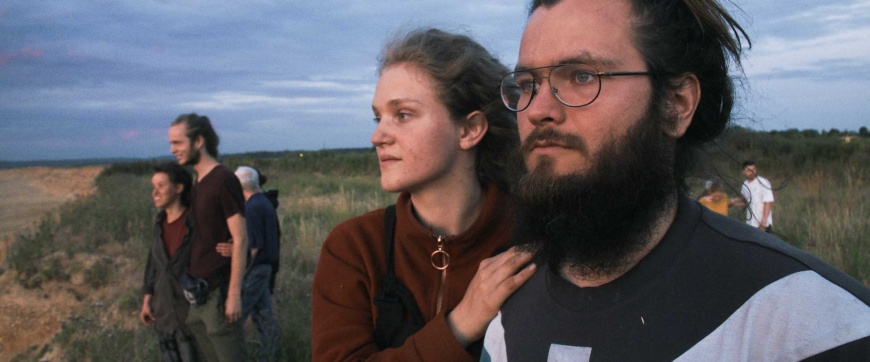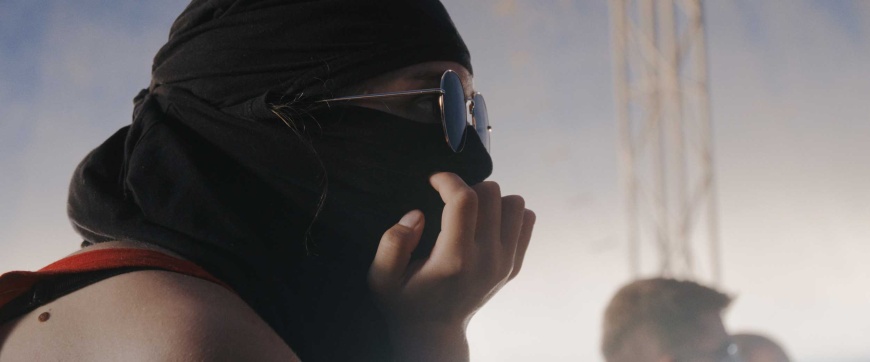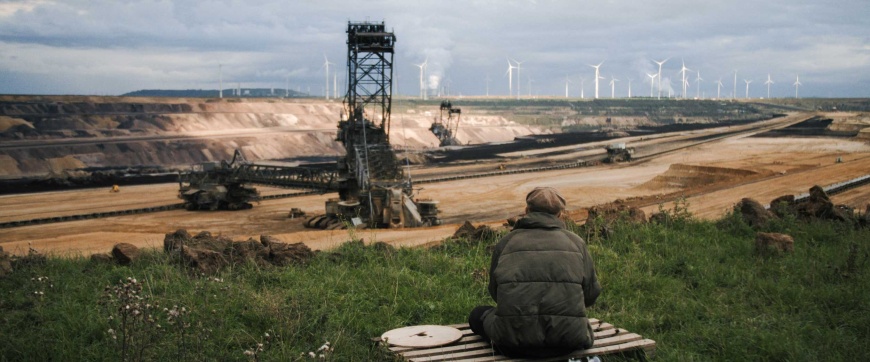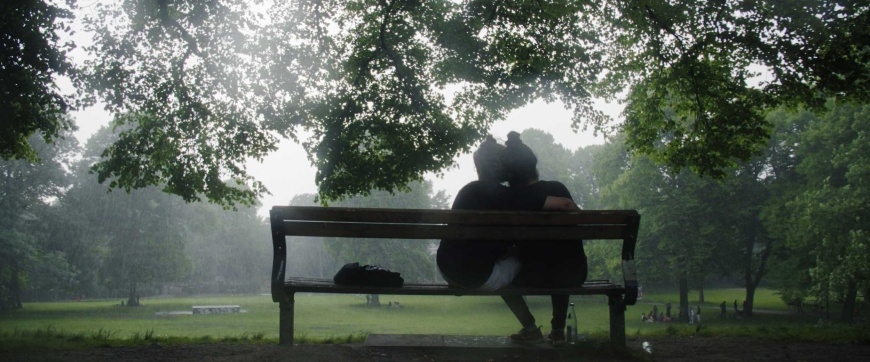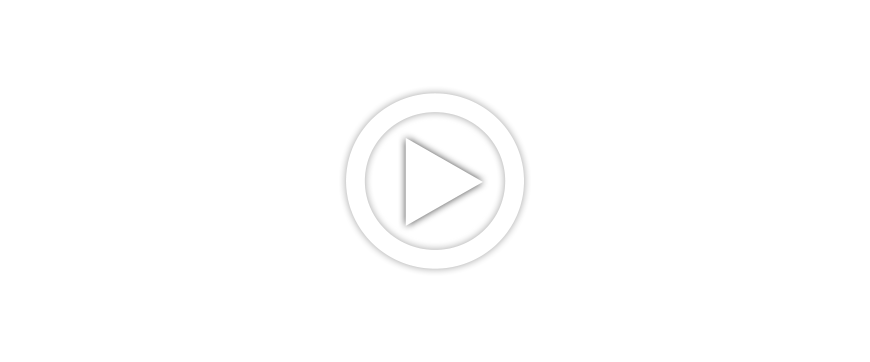Director's statement
Impulse
In the winter of 2021, I am dealing intensively with the climate crisis. The facts are hard-hitting and devastating and make me despair about the world for a moment. During this time, I ask myself what it does to young people who feel powerless in the face of the climate crisis and whose demands are not heard by politicians despite mass protests. In search of answers, I travel to Lützerath, where I live for a while with other activists. I am particularly interested in one group that is also staying there: they know each other from the hunger strike and talk about the climate crisis with an honesty and directness that is new to me. As I can empathize with their thoughts, mutual trust is quickly established, which enables me to accompany them with my camera for a year. The connection to my protagonists helps me to create intimacy and closeness in front of the camera. At the same time, it is important to me that I don't just tell their perspective: people with opposing opinions also have their say. Again and again, the picture opens up and gives viewers room to think so that they can develop their own attitude. I am convinced that we continue to need climate activism that shakes up the old and creates space for the new. Climate activism must be disruptive, it must be uncomfortable and interrupt our everyday lives, because it allows us to look behind the façade of the constant "business as usual". Only when we question the status quo are we ready to rethink the world. With my film, I want to set an impulse for this.
Motivation
Climate activism comes in many shapes and forms, although it is often associated with Last Generation actions in the public perception. Our film counters this narrative. Apart from Lina, our protagonists do not belong to any movement, but are active in different areas of the climate movement. They take action with Ende Gelände or defend Lützerath against the police. While talk shows repeat for the hundredth time the question of whether "the last generation's forms of protest are appropriate", our protagonists have long since stopped asking themselves this question. They want to dedicate their lives to climate activism: "Not in the sense of dying, but in the sense of being prepared to sacrifice other things for it." With my film, I want to offer viewers the opportunity to connect emotionally with my protagonists. Not by glorifying the group and their actions - the film offers enough moments to develop your own attitude - but to counter the narrative of the right-wing press, such as the Bild newspaper, which speaks of "climate stickers" and "climate chaos" for a reason. This description dehumanizes the activists, turning them into something annoying that can be removed like vermin. It is therefore not surprising that drivers drive over activists' feet or attack them with irritant gas.
Montage
In the montage, Lena and I consciously work with the means of feature film. We use music at selected points and build a dramaturgy that reaches its climax with the destruction of Lützerath. The conflicts within the group are also an essential part of the film. The film is intended to touch people, regardless of their political views: when Lina is stuck trembling on the street and is shouted at by a driver, we feel her fear. We see Fuchs' anger unleashed as he and other activists push back a chain of police. We feel Charly's growing insecurity as she tries to get to safety when the police approach. We hear Taura's determination when she asks the group how far they are prepared to go. And we feel Guerrero's disappointment as he leaves Lützerath without a fight, despite all the grand announcements.


